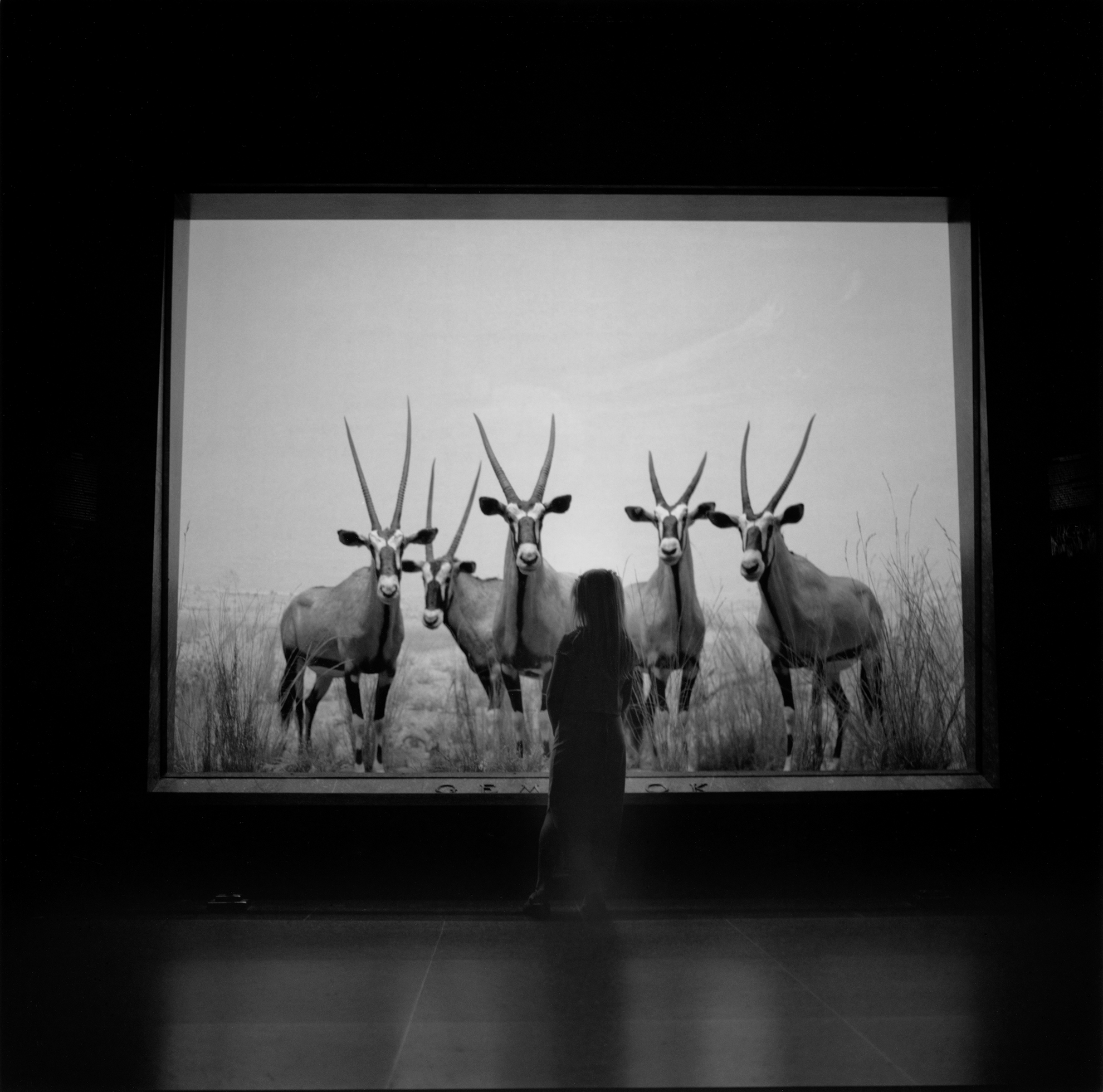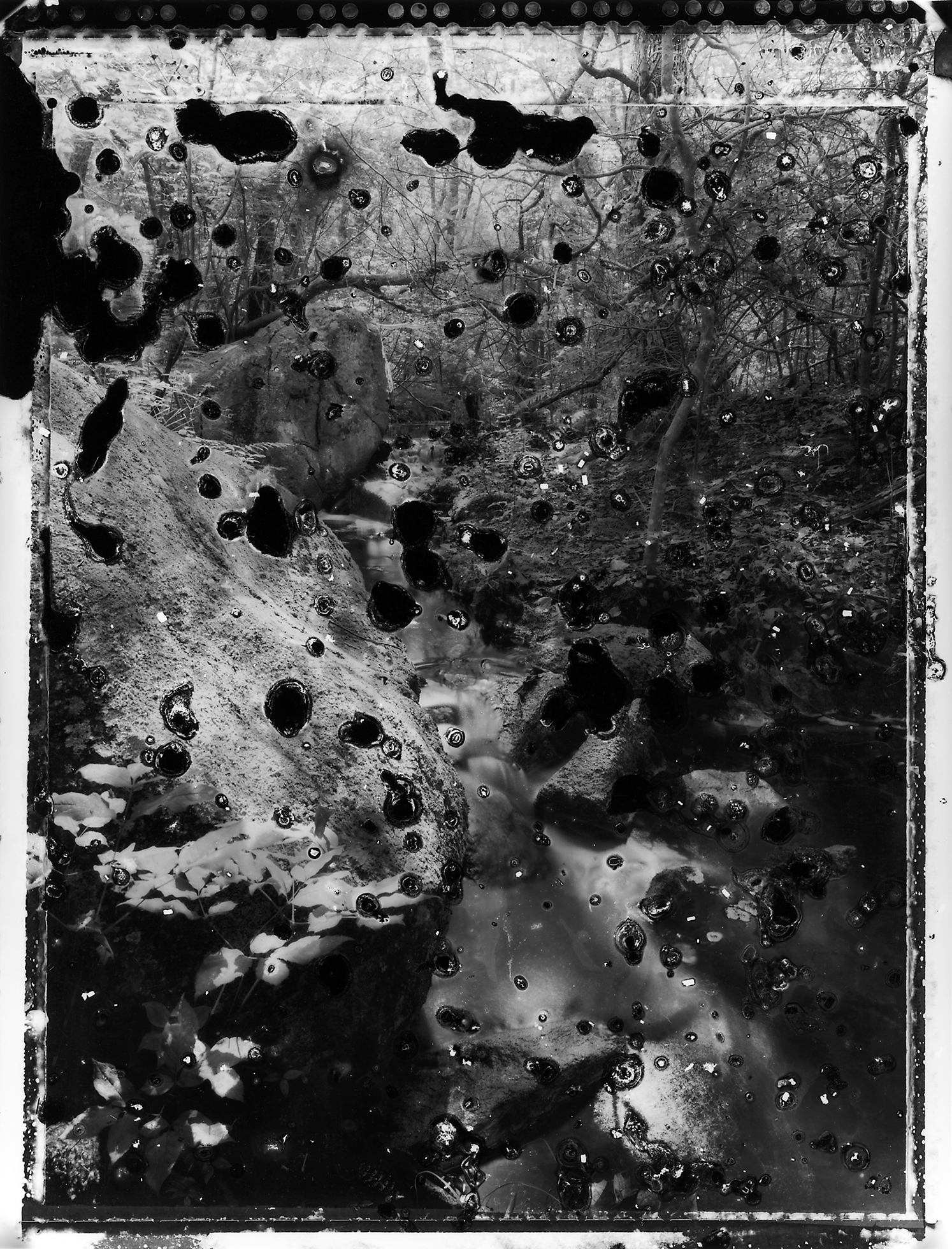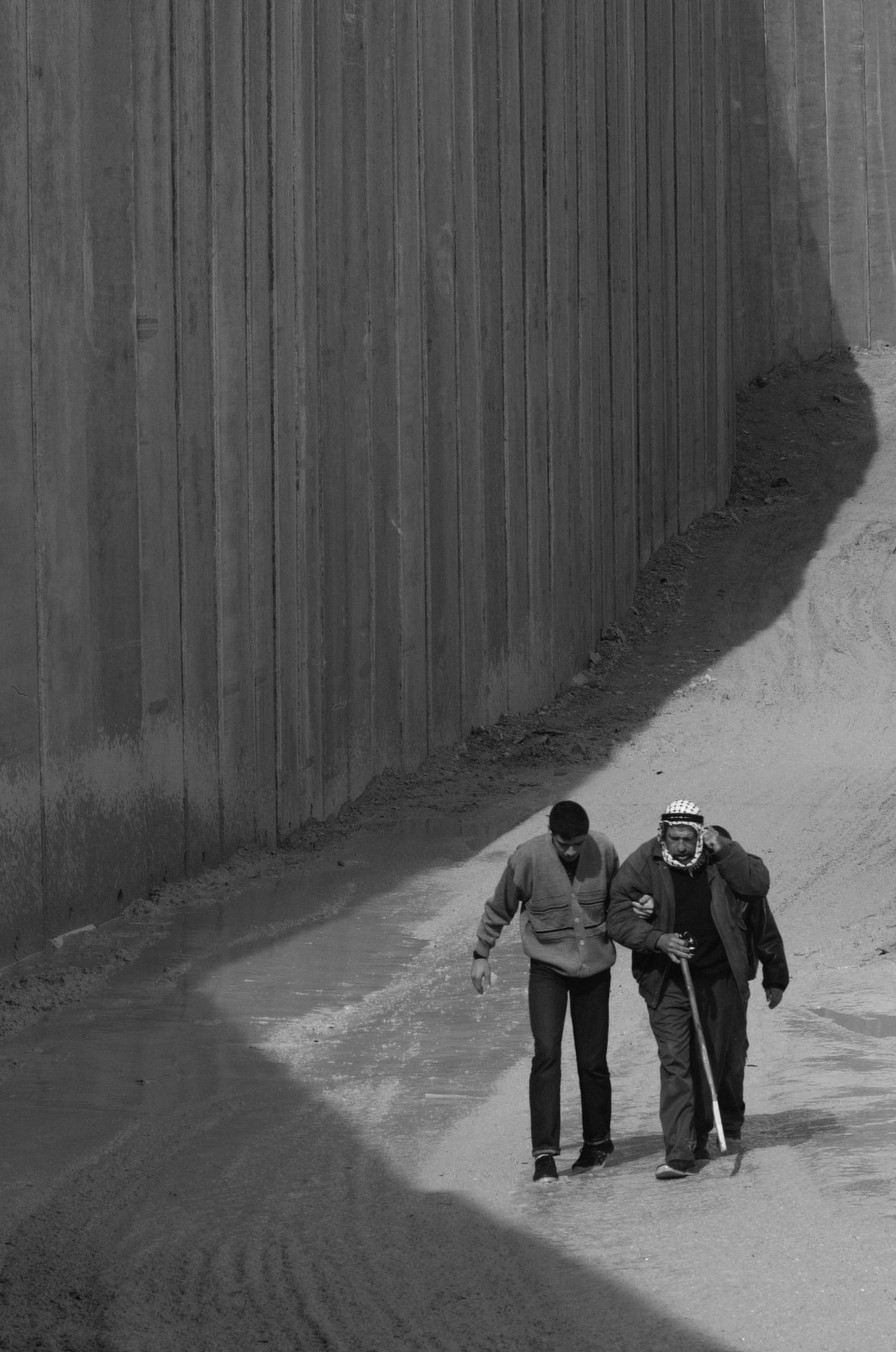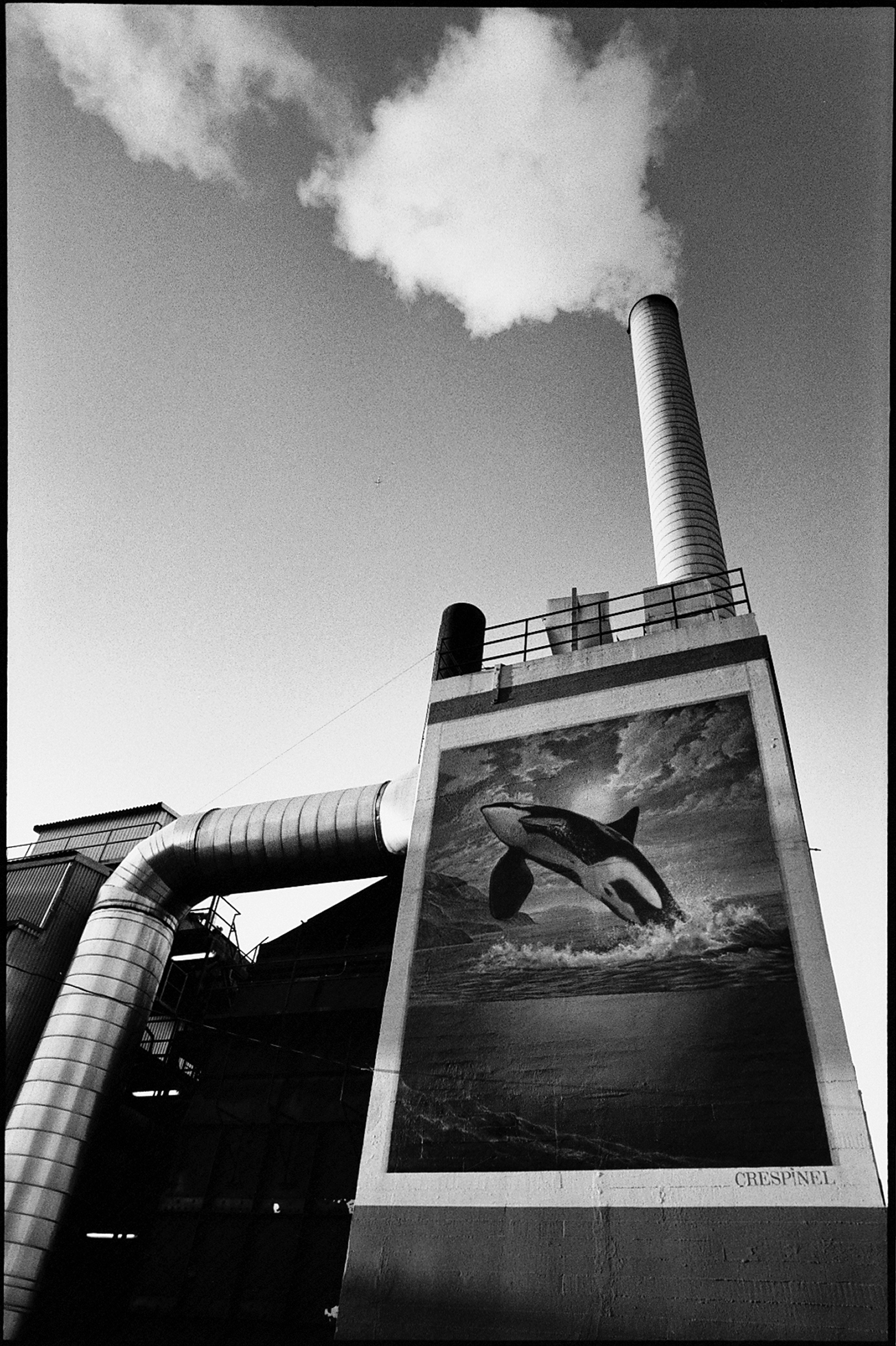Browse Topics
Pollution
Sunbeams
December 2005It is horrifying that we have to fight our government to save the environment.
Redneck For Wilderness
Earth First! Cofounder Dave Foreman On Being A True Conservative
I think that civilization and real wilderness can coexist in North America and elsewhere, but we’ve got to allow room for wilderness and wild creatures. A favorite word of mine is wildeor, which goes back to the time of Beowulf and the origins of the English language. It means the “self-willed beast.” From the very beginning, civilization has tried to domesticate the beasts, and if we can’t domesticate them, then we destroy them. We’ve got to allow land to be wilderness, which means, in Old English, “self-willed land.” Letting some things have a will of their own, not trying to control everything — that is the challenge.
December 2005Dispatches From The Occupied Territories
Sheikh Ahmed Yassin, cofounder of the Palestinian militant organization Hamas, was assassinated on Monday by the Israeli military.
March 2005Risky Business
Peter Sandman On Corporate Misbehavior And Public Outrage
I tend to be more passionate about the process of communication than about the outcome. I’m interested in people listening better and talking more and wanting to understand each other’s point of view. I try to eliminate the things that get in the way of that. And it’s a Sisyphean task, because industry people and activists aren’t really talking to each other; they’re doing theater with each other. Whichever side I am working for, I try to find a way for both sides to listen better.
December 2003Down To Business
Paul Hawken On Reshaping The Economy
I don’t believe you can train anybody, especially people in business. You can only present and embody ideas. I try to help people understand the idea that valuing and conserving our stock of natural capital can lead to astonishing breakthroughs in processes, products, and design. Again, people move toward possibility. Once they see that we can actually improve the quality of life for everyone on earth by using radically less “life,” they get excited.
April 2002Great Pains
There’s an old saying that if your ideas prove to be a hundred years ahead of your time, you’ll be called a genius; if you’re fifty years ahead of your time, you’ll be called a visionary; but if you’re only five or ten years ahead of your time, you’ll most likely be called a pain in the ass.
September 2001A Weakened World Cannot Forgive Us
An Interview With Kathleen Dean Moore
When the earth is whole, it is resilient. But when it is damaged too severely, its power to heal itself seeps away. If we continue to turn against the land, pour chemical fertilizers onto worn-out fields, sanitize wastewater with poisons, dam rivers, burn oil, and bear more children, then there may be no chance of healing. A weakened world cannot forgive us.
March 2001Road To Ruin
An Interview With Jan Lundberg
State and federal expenditures on highways and major roads total more than $160 million a day. The Cyprus Freeway in Oakland, for example, cost taxpayers thirty-five hundred dollars per inch. Simply to maintain U.S. roads in their current poor state would cost taxpayers about $25 billion per year. Yet we typically spend only $16 billion per year on maintenance, thus assuring that existing roads will deteriorate. Meanwhile, we spend more than $60 billion per year to widen existing roads and build new ones. Even from a strictly fiscal standpoint, it makes no sense to build more roads when we’re not maintaining the ones we’ve got.
February 2001An Epidemic Of Deception
Why We Can’t Trust The Cancer Establishment — An Interview With Samuel Epstein
The American Cancer Society’s money — even that used for research — is spent in ways guaranteed not to offend either big polluters or big pharmaceutical companies. Why? In part, because the board of the ACS is closely interlocked with those same companies.
March 2000


